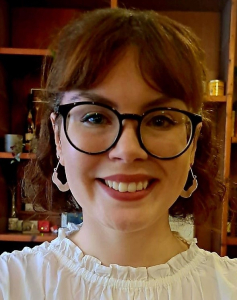Socialist Sisterhoods, Subjectivities and Citizenship: Lessons from the Democratic Women’s League of Germany (1971-2000)
Post doc project
The project argues that East German women remained interested in the former state women’s organisation of the GDR, the Demokratischer Frauenbund Deutschlands (DFD) not because of hard-lined socialist beliefs, but because the organisation spoke to a gendered subjectivity connected to citizenship formulated under the socialist regime. Expanding on my doctoral research, which focussed on the period 1971-1989, my research explores the DFD enduring role in East German women’s lives before and after 1989. It reveals that after reunification, the DFD’s successor organisation actively supported women’s rights, particularly in the areas of social policy and reproductive rights. Many of these rights, which were established during the socialist period, are still evident in Germany today.
Much scholarship has characterised the DFD as politically controlled by ruling SED and therefore focussed only on its leadership. My research shows that the DFD’s local activities, like advice centres and neighbourhood projects, created solidarity among women and a shared idea of socialist womanhood. By focussing on the DFD’s grassroots work, I argue the organisation’s activities empowered women and helped maintain a distinct sense of citizenship and rights. While most literature also suggests a clear break in 1989, my research argues that for women’s organisations, the lines between socialism and post-socialism are not so easily drawn. By extending the study beyond 1989, I argue that the DFD’s continued existence shows the lasting influence of a gendered East German identity and citizenship in reunified Germany. Overall then, my research offers a new view of ‘post-socialism’ by demonstrating how the DFD used both socialist and neo-liberal practices to appeal to women after 1989, challenging the notion that socialism ended completely with German reunification.
My project utilises a mixture of archival material (Bundesarchiv Berlin-Lichterfelde, Landesarchiv Berlin, Archiv der Deutschen Frauenbewegung Kassel), material culture (Deutsches-Hygiene Museum Dresden) and oral testimony interviews conducted with former DFD members.
During her stay at the ZZF Anna McEwan researches in Dep. IV: Regimes of the Social Sphere.
